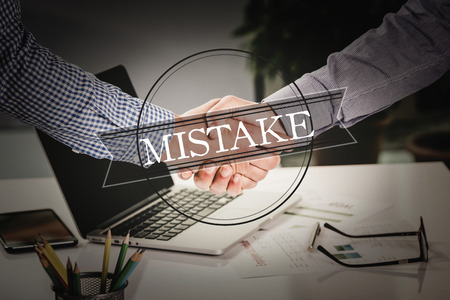The #1 mistake made by M&A Firms is also the #1 reason you shouldn’t hire them. Read to the end to find out why. They are ignoring a major trend in the acquisition of manufacturing companies. This #1 mistake means that some M&A firms are totally ignoring a category of buyer who is making more acquisitions in the last few years than any other type of buyer.
Their marketing is never reaching a segment of the population that is highly qualified both professionally and financially to buy manufacturing businesses. The negative impact this can have on your retirement cannot be understated.
To understand the depth of the problem, you need to really understand what’s happening in the marketplace. You need to understand who is buying manufacturing companies. You also need to ensure that any M&A professional you’re considering hiring successfully reaches this category of buyer and sells to them on a regular basis.
How Large M&A Firms Market Manufacturing Companies
M&A firms typically build a list of likely strategic buyers and private equities deemed to be good candidates for the acquisition. They market directly to these companies to spark interest in the acquisition. After narrowing the field of perhaps 100-200 companies down to a few dozen candidates, they have them submit offers in a time-structured process.
The above-described methods of identifying probable acquisition candidates is appropriate and what every M&A professional should be doing. But if the broker is doing ONLY that, they are doing their client a huge disservice.
Who Is Buying Lower Middle Market Manufacturing Companies?
Strategic buyers and private equities are what we call “low hanging fruit.” Everyone in the M&A industry knows how to find them. There is a category of buyer that’s harder to reach, actually almost impossible to market to. An M&A professional must create the conditions to be found by this group.
We all know about the “Silver Tsunami,” baby boomers that are retiring in record numbers. Here’s what you may not know. The younger baby boomers are acquiring manufacturing businesses in record numbers in recent years.
The typical profile is someone who has perhaps worked for a Fortune 500 manufacturing company in a leadership position. They know what makes a business successful and how to exponentially grow a business, and they’re tired of doing it for other people.
They typically have ample finances, good credit and serious management skills. We’ve seen some who have grown divisions of their companies into enterprises worth hundreds of millions, from an operation that had only $10M in sales. These buyers make manufacturing acquisitions with the idea of growing the company for 10-15 years. They will then sell the company as their own parachute into retirement.
Although large strategics and private equities are always in the mix, individual buyers like this often outbid them to win the acquisition. In the case of private equities, there is always pressure from their investors to buy at low EBITDA multiples. They’ve got a 5-7 year window to provide profit to their investors, which makes buying low of critical importance.
Individuals buying for themselves tend to have a build and hold business model, which allows them to pay more for a manufacturing business.
The Typical M&A Firm Is Ignoring This Buyer Segment
The #1 mistake made by M&A firms is that they are completely ignoring this important buyer segment. If these firms are only reaching out to established businesses and private equities, they are probably leaving money on the table.
The problem is there’s really no way to market to this group. You have to create the conditions to be found by them. That means the M&A firm needs to specialize in a particular market segment. If someone is shopping to acquire a lower middle market manufacturing company, they should be able to easily find the M&A firm’s website.
Specialization means better exposure of client companies to the best and most qualified buyers nationally. Increased exposure leads to better prices through competition for the acquisition. Accept nothing less when selling your manufacturing company.
Contact Us with any questions.

